Way up on Lehigh’s Mountaintop Campus are several old research buildings previously owned by Bethlehem Steel. In the past, these buildings housed a 500-ton hydraulic press, an electron microscope and acres upon acres of lab space.
Now they are home to an eclectic assortment of equipment — tables littered with papers, a couple of plants scattered across the ground, a pile of cinder blocks in one corner — all sectioned off by cubicles built out of a number of whiteboards. This is the site of Lehigh’s Mountaintop Experience.
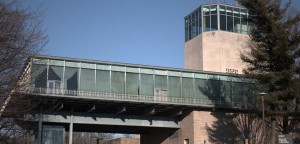
Iacocca Hall, pictured here, was originally part of a Bethlehem Steel research facility on top of the mountain. Lehigh purchased five of the buildings in 1987, and bought the rest in 2013. (Michael Ioannou/ B&W Staff)
The seeds for this project were planted in 1987 when Lehigh University purchased five of the eight Bethlehem Steel buildings for use as a research center for the College of Education. However, it wasn’t until 2013 that Lehigh took ownership of Mountaintop buildings B and C. Not long after that, the Mountaintop Experience was officially born.
The Mountaintop program aims to provide students with a more hands-on learning experience, as well as a place for them to experiment with innovative projects that can potentially become business ventures.
“I think a lot of students participate in Mountaintop because they want something different from the traditional classroom experience,” said professor Mark Orrs, a faculty mentor for the Mountaintop Experience.
Orrs said by allowing students to plan and conduct their own research, Mountaintop takes learning beyond abstract information and applies it to the real world.
Students can apply to the Mountaintop Experience either individually or as a group. Individuals will then form a group with other accepted students to brainstorm and work on their idea with the help of a faculty adviser. With large grants and access to resources, students can spend their entire summer developing their projects.
The projects span all types of disciplines and areas of study, as do the students who run them. In fact, diversity of major and age are qualities that faculty specifically look for in student applications, along with how well the idea would translate into a Mountaintop project and the potential for it to contribute to Lehigh and the local community.
Some projects include technology to purify the air, a video series cataloging the history of South Bethlehem and ways to grow plants on Mars.
Erin Sowell, ’16, is part of a group currently developing a Mountaintop project. She stumbled upon the Mountaintop Experience while searching for internships online. After applying as an individual and getting accepted, Sowell started working on a project with a group. She said she fell in love with the program.
“It was the first time I felt like I was really doing something where I was in charge,” Sowell said. “You are really your own boss.”
This was the intention behind starting the Mountaintop program — to create a place where students would be able to freely develop their ideas.
“The real goal of Mountaintop is in many ways to have students replicate the same process that researchers or scholars or faculty members do themselves,” Orrs said, “in terms of identifying something that you’re interested in, that you’re passionate about, curious about, and then driving your own learning about that.”
Orrs said by providing an environment of pure innovation, Mountaintop gives students the freedom to be unreservedly creative and to stumble upon success while learning from failure.
“That’s one of the things students talk about a lot, the ability to take risks and realize how profitable it is to make mistakes,” said Alan Snyder, the associate provost for research and graduate studies.
Another aspect to the program is that it allows students to conduct their work uninterrupted. Since Mountaintop primarily takes place over the summer, groups are able to spend hours a day for weeks focusing solely on their project. This is much more productive than having to juggle a project at the same time as schoolwork and extracurricular activities.
Students also benefit from working in diverse groups. Even in college, it can be easy to get stuck working with people only from one area of study. But at Mountaintop, the variety of majors and backgrounds compels students to collaborate with people of different thinking and to step into roles previously unexplored.
The Mountaintop Experience goes beyond just working on projects — it is an opportunity to gain skills that students might not acquire through a traditional classroom setting.
“There’s no ceiling, students have to drive each other,” Snyder said. “You see people setting their sights higher when there’s no ceiling.”

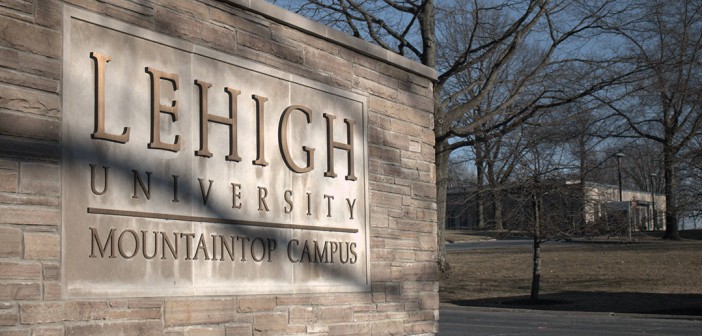

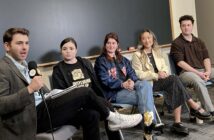
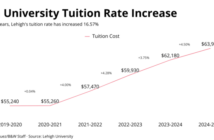
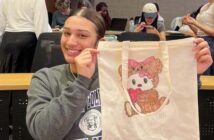
Comment policy
Comments posted to The Brown and White website are reviewed by a moderator before being approved. Incendiary speech or harassing language, including comments targeted at individuals, may be deemed unacceptable and not published. Spam and other soliciting will also be declined.
The Brown and White also reserves the right to not publish entirely anonymous comments.